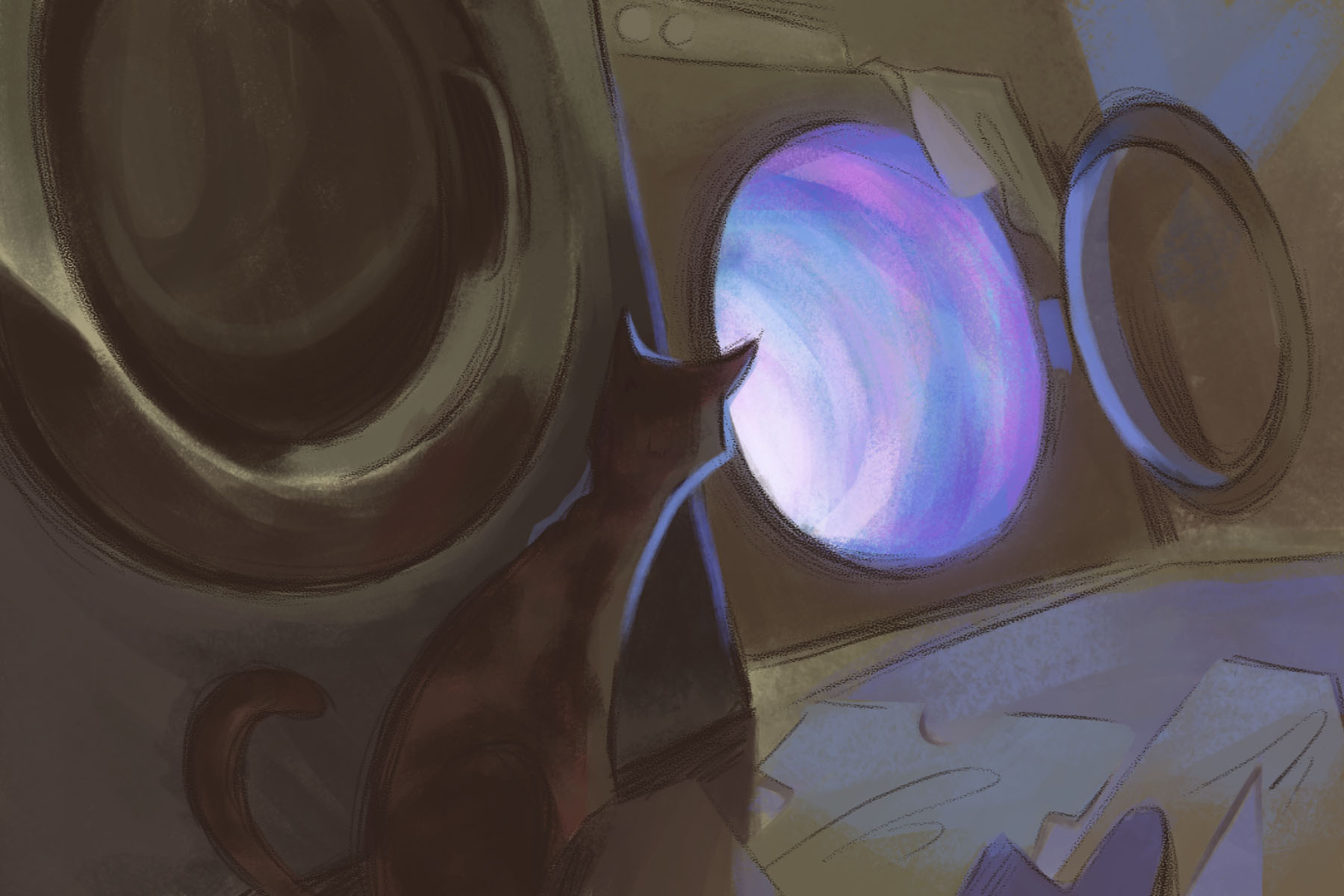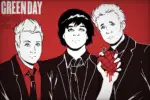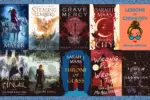One of my friends recently told me how she’s been utterly transported by a new show on Netflix. Following a woman who turns her absent husband’s property into a bossa nova club, “Girls from Ipanema” has given my friend a window into another world where worries are less catastrophic with the planet not facing an existential crisis. Whether it’s the coronavirus, civil unrest across America or a disastrous presidency, our reality can be quite disheartening. Wouldn’t it be amazing if we could dig ourselves a magic portal in the ground and just disappear?
While some sort of threshold to a new life might be ideal under these circumstances, it’s also a concept that has captured the imaginations of countless authors and filmmakers. As we peruse fantasy in the media, we find a subgenre in which the “portal fantasy” narrative reigns supreme. The dream of escape we share in the collective consciousness of our society manifests itself in myriad tales, from Narnia and 18th century Scotland to “Pan’s Labyrinth” and Wonderland.
While these worlds are united by a secret gateway between them and reality, they all offer different lessons to be learned about the imagination, its dangers and the transformative power of keeping your head in the clouds. Even more than that, there’s a lot to learn about magic portals, and why we all need one in our lives.
A Magic Portal Shimmers with Spectacle
Traveling to another world means being swept away off your feet and into a world of pure imagination. Consider the novel “Outlander” by Diana Gabaldon. The magic stone that transports Claire 200 years into the past brings with it the thrills of having the conventions of her world disbanded. While the land in which Claire finds herself is far from fantasy, it is so drastically different that it demands a reckoning with what is possible.
As we all know, there are tons of other examples of magic portals in literature. One finds this magic especially pervasive in “Alice’s Adventures in Wonderland” by Lewis Carroll. The oddities dotting the land beyond the rabbit hole are strange and sometimes nightmarish. With giant caterpillars, talking cats and anthropomorphic playing cards, we can create an analogue out of the world Alice discovers to the surreal milieu in which we all find ourselves; the Mad Hatter might even be hailed as a fair representation of the common American, caught in a perpetual happy hour amid isolation.
Similar senses of wonder are to be observed in “The Lion, the Witch and the Wardrobe” by C.S. Lewis, one of the most famous entries in portal fantasy. Not only does the wardrobe offer dreamlike experiences, but it also transports young siblings Lucy, Edmund, Peter and Susan from the dreariness of their reality, stricken by the horrific solitude of World War II, to a world of endless winter, talking beavers and a life-affirming lion. Each astounding character distracts the kids from the perils of war with the issues of fantasy.
Today, we might equate this with watching “Tiger King” in its endless twists, turns and antagonism distracting us from those we face in reality. Of course, a distraction from a bleak reality can be a healthy coping mechanism, but problems are bound to develop even in the most magical landscape.
Magic Portals Are Dangerous
The magic portal might lead to a place far, far away, but the problems therein are immediate and often life-threatening. In Neil Gaiman’s “Coraline” — perhaps better known by the film adaptation — the titular young girl is whisked away to a parallel universe in which her drab new home and monotone parents are replaced by a bustling mansion and jubilant friends. However, while Coraline sinks her teeth deeper into the “other” world, her reality starts to come under siege. As Coraline spends more time in the other world, her real world starts to fall apart. The book is a cautionary tale about abandoning reality in favor of a dream, or an idealized version of the world around you.
Yet that alternate universe might not look appealing even at first glance. Guillermo del Toro’s 2006 opus, “Pan’s Labyrinth,” also reveals the dangers of fantasy, albeit in a less oppositional relationship with reality. Set in the fallout of the Spanish Civil War, the film follows the young Ofelia who, relocated with her pregnant mother to a mill in the countryside, discovers a fantastical world beyond the crumbling stones of an old maze. From a faun and fairies to a giant toad and faceless demons, the horrors of the labyrinth reflect the even darker reality of living under a fascist dictatorship.
The war between the lion Aslan and the evil White Witch in Narnia similarly offers a plug-in for the Allied and Axis powers of World War II, with the battles therein being no less real. Edmund is tricked into betraying his siblings, putting their lives on the line; the Witch kills Aslan; Aslan rises from the dead to defeat the Witch once and for all.
Even when new doors open for us, it may not be as kind or enchanting as it seems. Depending on the level of risk involved in making that fantastical leap, you might just want to stay where you are. Nevertheless, as with anything that challenges us, there is the possibility of becoming a stronger person in the long run.
A Magic Portal Changes People
While in Narnia, the four siblings must become warriors to defeat the forces of evil, leading armies, becoming knights and rising to mythical thrones in the process. As one might imagine, their experiences help them grow exponentially in the world of the wardrobe; by the time they’ve conquered the Witch, each of them are adults. Even when they return to the human world as children, their journey leaves them anxious to return to Narnia. The magic portal has a transformative power that changes the travelers forever.
Coraline also makes a crucial realization: Not only does she finally impugn and escape from the other world, but she learns to appreciate what she does have — two parents that, despite all their flaws, still love her. Like this intrepid explorer, we can all take a moment to appreciate what we do have despite the circumstances. What we still might be taking for granted even as other commonalities no longer feel so common. It’s always important to have a perspective on life, because without that, we may plunge into the dark hole of despair.
Even in the strangest of circumstances, people and situations can become opportunities to find solidarity with others. As Claire in “Outlander” meets Geillis, a fellow time traveler, she realizes that, no matter how strange her situation may be, she is not alone. I think we can all relate to that. COVID-19 might have upended much of what we considered normal life, but we’re all in this together.
In this time of crisis, we cannot ignore the epidemics plaguing our society, no matter how unrelenting or insurmountable they may seem. A binge-worthy show might be a healthy way to disconnect from anxiety-inducing situations, but maybe we can also see the current issues in society as a new reality in and of itself, forcing us to adapt and reimagine what it means to be alive. No matter how we identify with Claire, Alice, Ofelia, Lucy, Coraline or even a jilted woman in Rio de Janeiro, these stories and many more give us a glimpse of the possibilities, as well as pitfalls of beginning — or traveling — anew.

















